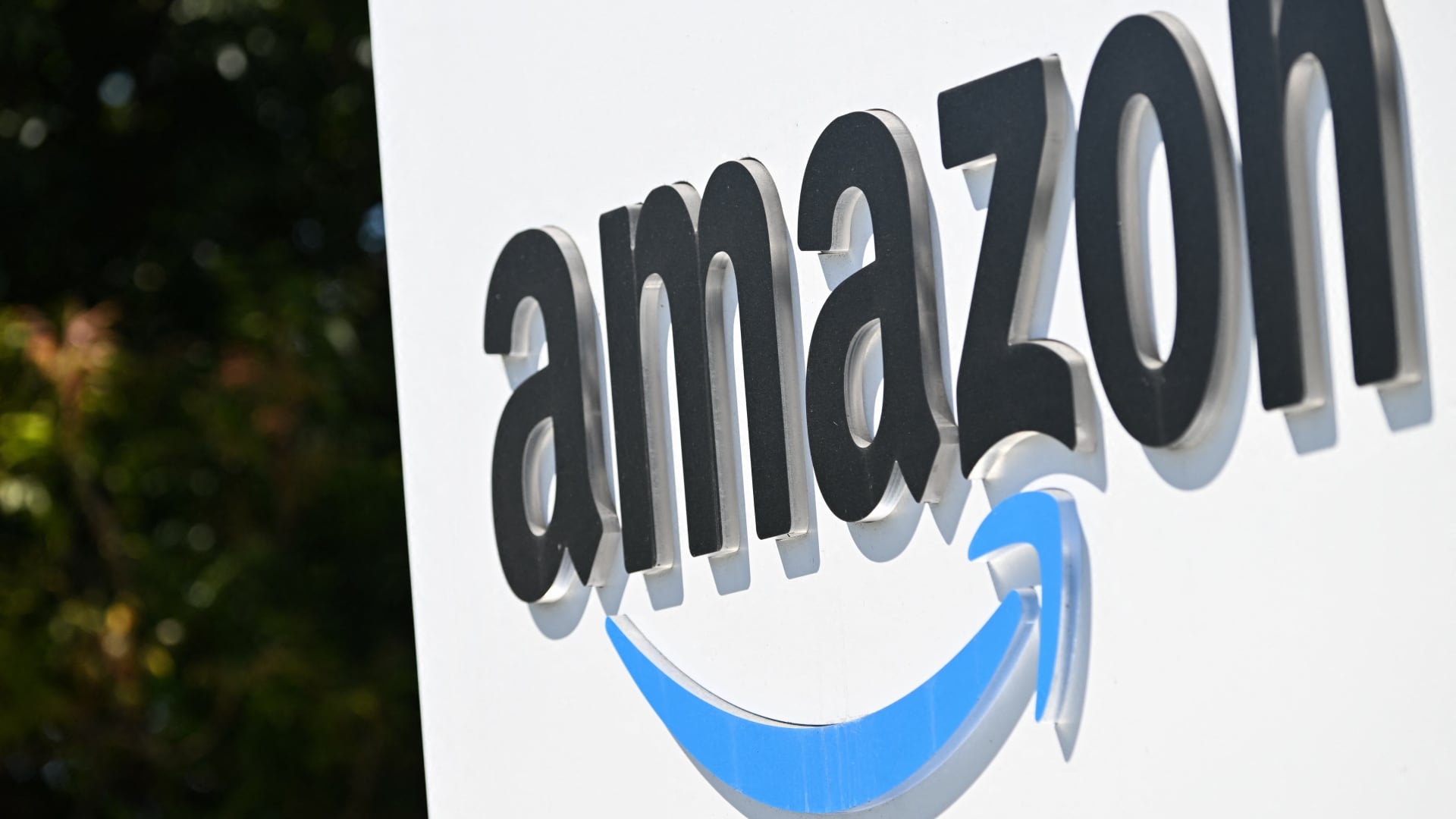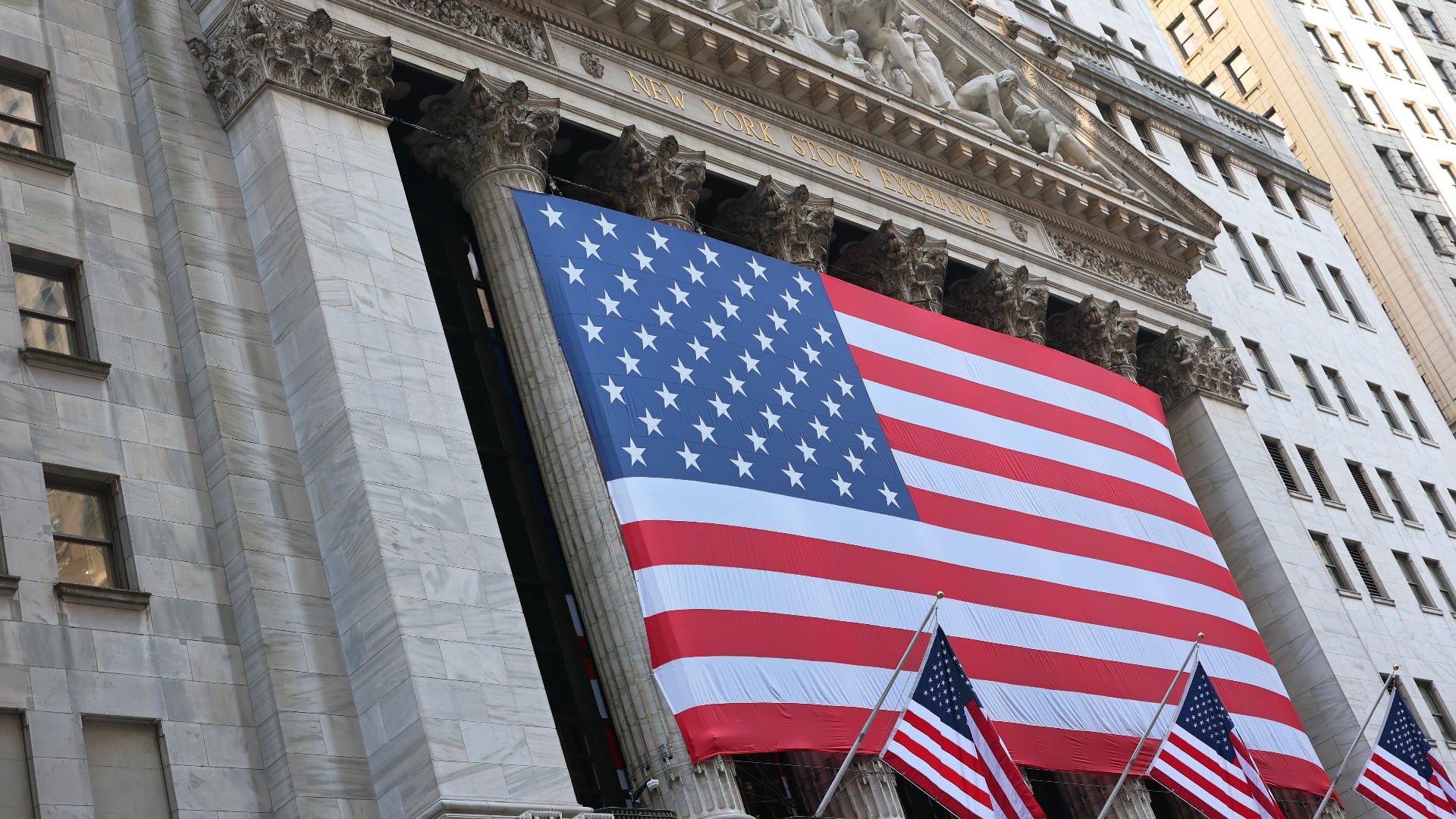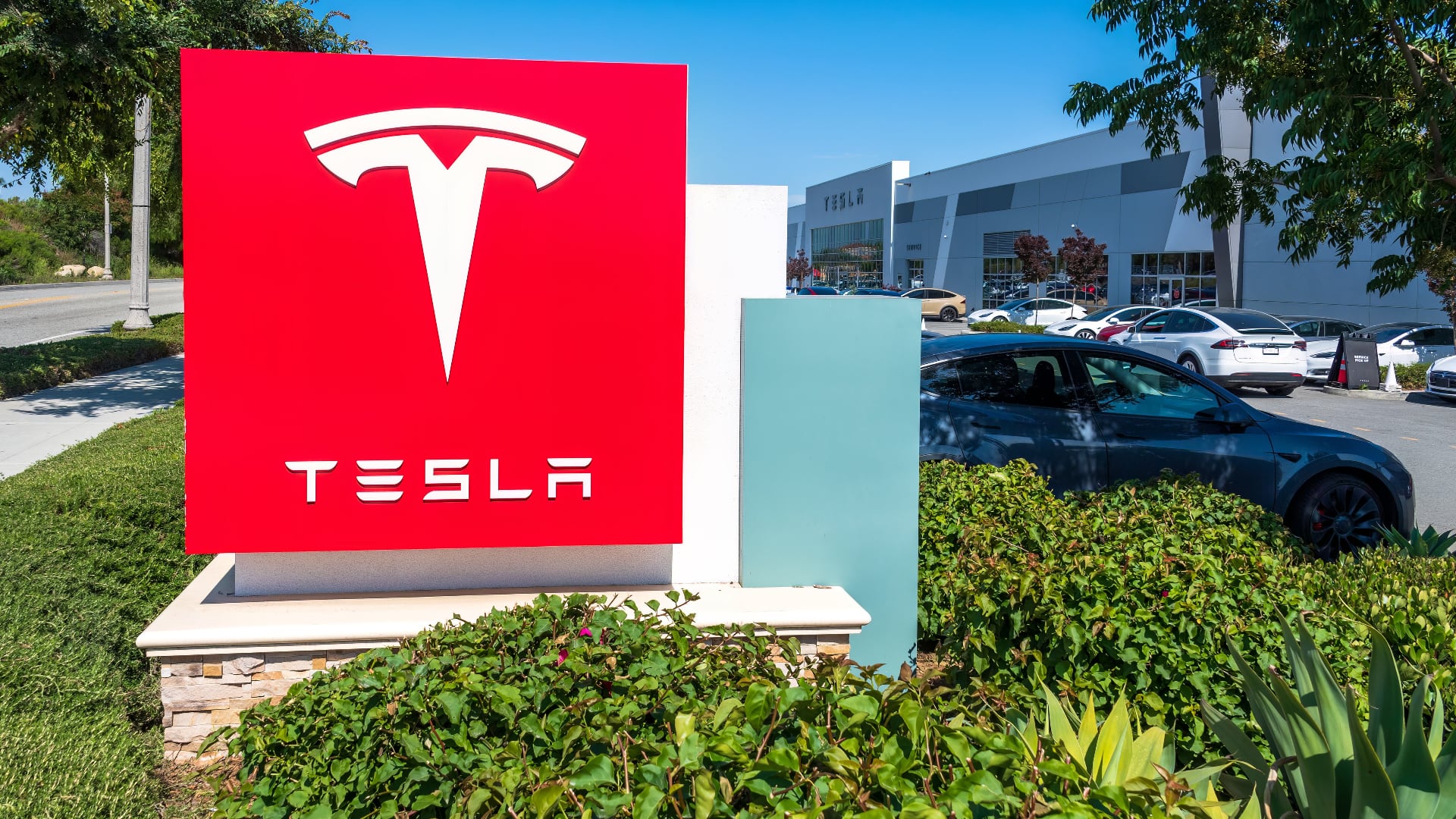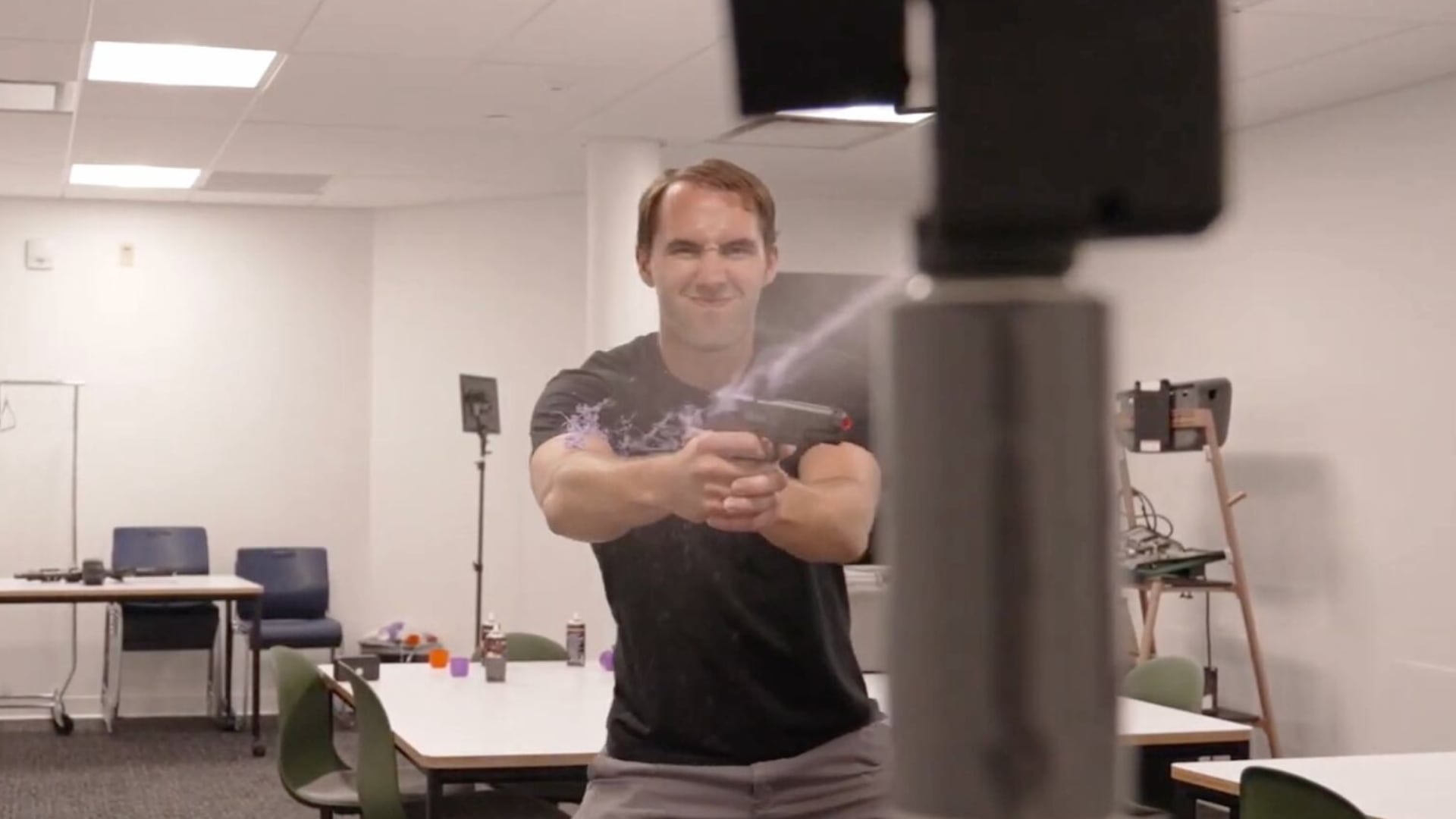SpaceX's first all-civilian crew is set for lift-off next September for a three-day mission designed to benefit St. Jude Children's Research Hospital.
Jared Isaacman, a pilot and CEO of payment processor Shift4 Payments, who is funding the mission, told Cheddar that the launch will be the beginning of a new era of civilian space travel.
"This is the first time that you didn't have a global superpower sending people into space," he said. "This is the first step towards a world where everyday people are going to be able to go and explore among the stars and all the great things to come from here."
The goal is for the mission to raise $200 million for the research hospital. Isaacman, who has already donated $100 million, said the initiative is about 60 percent of the way toward its goal.
Two members of the crew, Sian Proctor and Chris Sembroski, both of whom have backgrounds in science and aerospace, were selected through a lottery.
"This is huge for me. I thought that this moment had passed me by," said Proctor, a scientist and educator who was previously a finalist in NASA's 2009 astronaut class.
The mission will launch from the Kennedy Space Center's Launch Complex 39A where the historic Apollo and space shuttle programs were based.
The team starts training on Wednesday with a visit to the centrifuge. Then it's on to a mountaineering expedition at the end of the month, with plenty of manual-reading on orbital mechanics and simulated flight training in between.
"We have a packed schedule for sure," said Sembroski, a former Air Force missileman and Lockheed Martin employee.
The fourth member of the crew, Hayley Arceneaux, a cancer researcher from St. Jude's who herself was treated for bone cancer at the hospital as a 10-year-old child, said the mission will inspire the young people with who she works every day.
"I think this mission is going to give a lot of kids, who are just like me 19 years ago battling cancer, I think it's going to give them hope, and hope is priceless," she said.
The flight will travel at 17,500 miles per hour up to 335 miles high in Earth's lower orbit.
"That's pretty much farther than anyone's gone in probably the last 15 years," he said.
At one point, he added, the crew will look down on the Hubble space telescope.
"It's really symbolic of all of the cool missions that will come," Isaacman said. "We know we're going back to the Moon, and then we're going to Mars, and then we're going beyond."












